Feminism is misunderstood, consultant Gill Whitty-Collins argues. Her book includes elements of both an engaging memoir and an academic research project. She explains that feminism is simply belief in gender equality. Overt discrimination remains a problem, but the gender barriers most working women are likely to confront are subtle or nearly invisible. Whitty-Collins uses her personal work history, anecdotes from other women and research data to define the less visible issues surrounding gender bias in the workplace. This is an important narrative for women seeking confirmation and ways forward, and for men seeking an education.
Gender discrimination is an invisible workplace condition.
Gill Whitty-Collins grew up in a feminist household with two sisters and a supportive father. He encouraged his daughters to believe in their abilities to achieve excellence through hard work and discipline. After attending Cambridge University, Whitty-Collins did not feel inferior or disadvantaged because of her gender. She dismissed arguments about bias against women. But suddenly, as a mid-career executive, she confronted an invisible force field of gender-based discrimination in her workplace.
Once she became aware of the problem, Whitty-Collins spotted signs of gender bias all around her. She personally witnessed gender bias “so unconscious and invisible” that some women fail to see it and may unconsciously add to it. Men often remain unaware of their male privileges. Whitty-Collins confronted insidious barriers that defeat women at different career stages and hamper them from attaining leadership positions. Today, men occupy more than 90% of the leadership roles in business and society. Due to the coronavirus pandemic...









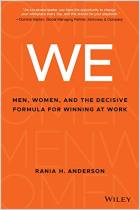
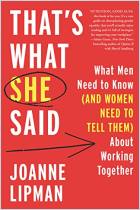
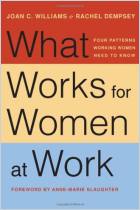
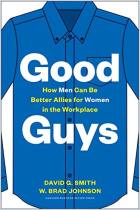
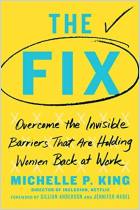
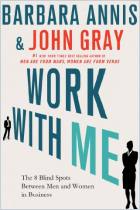





Comment on this summary or Iniciar a Discussão